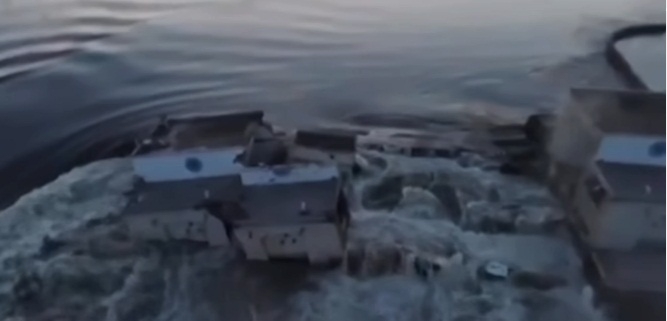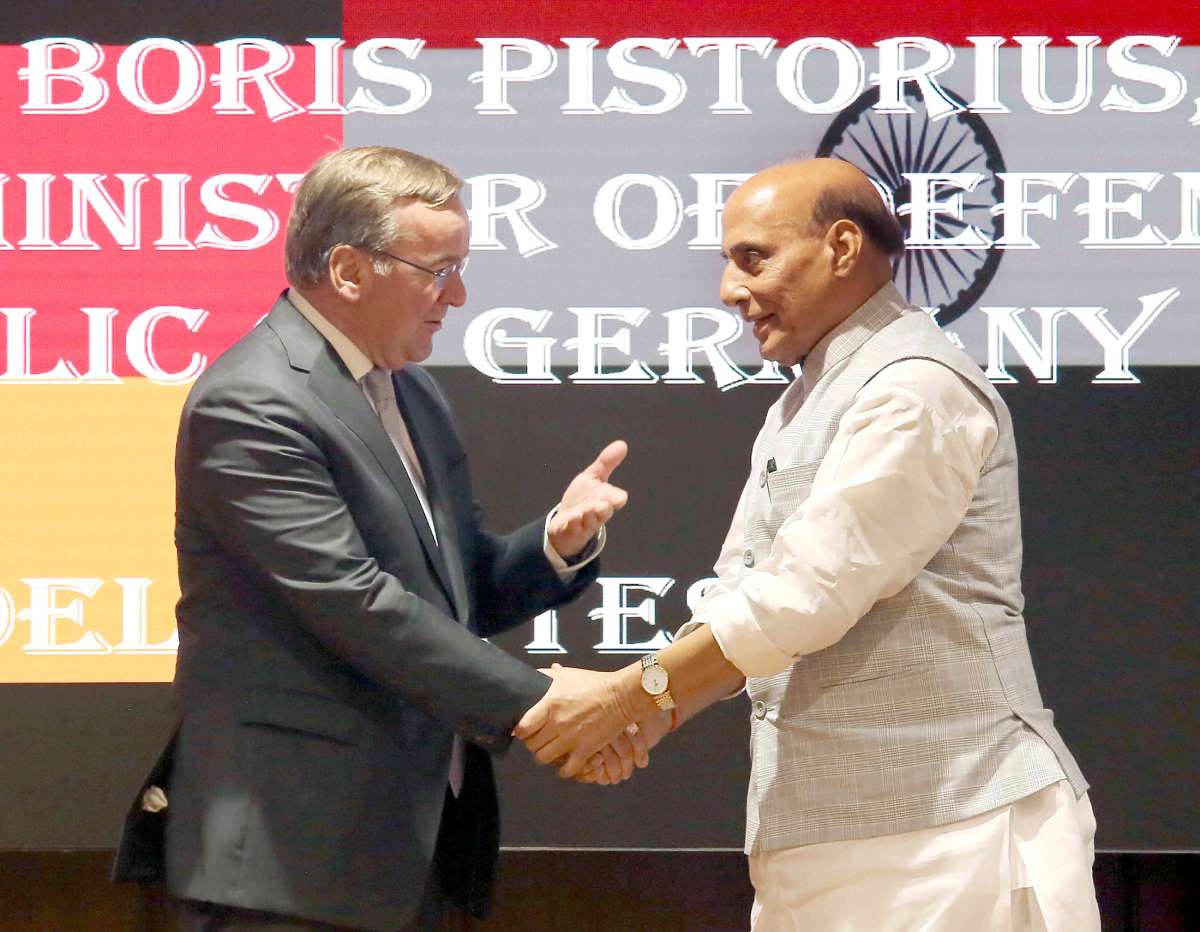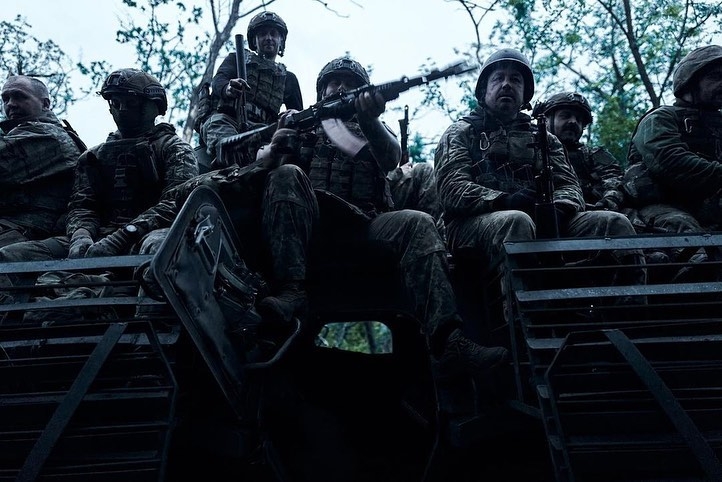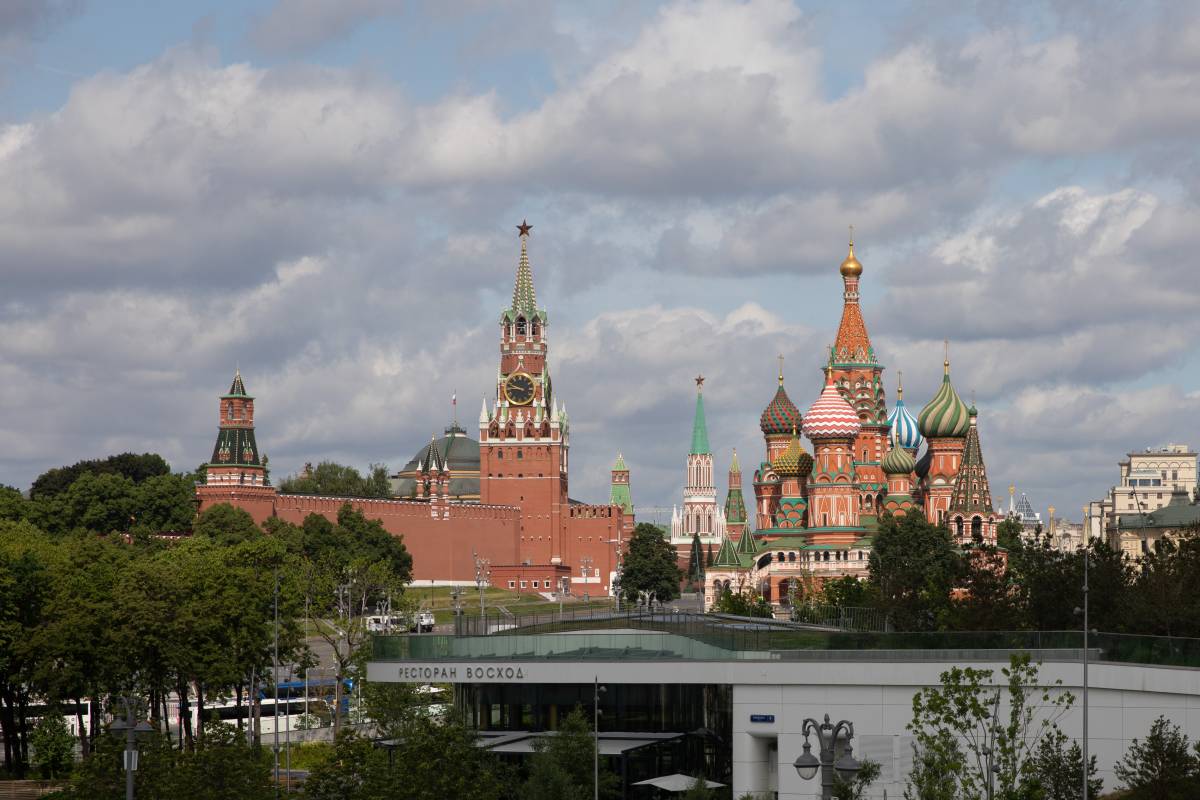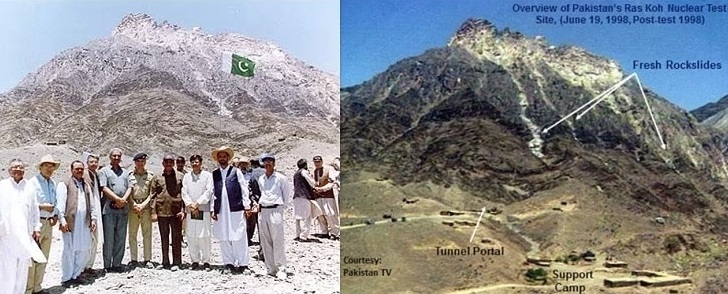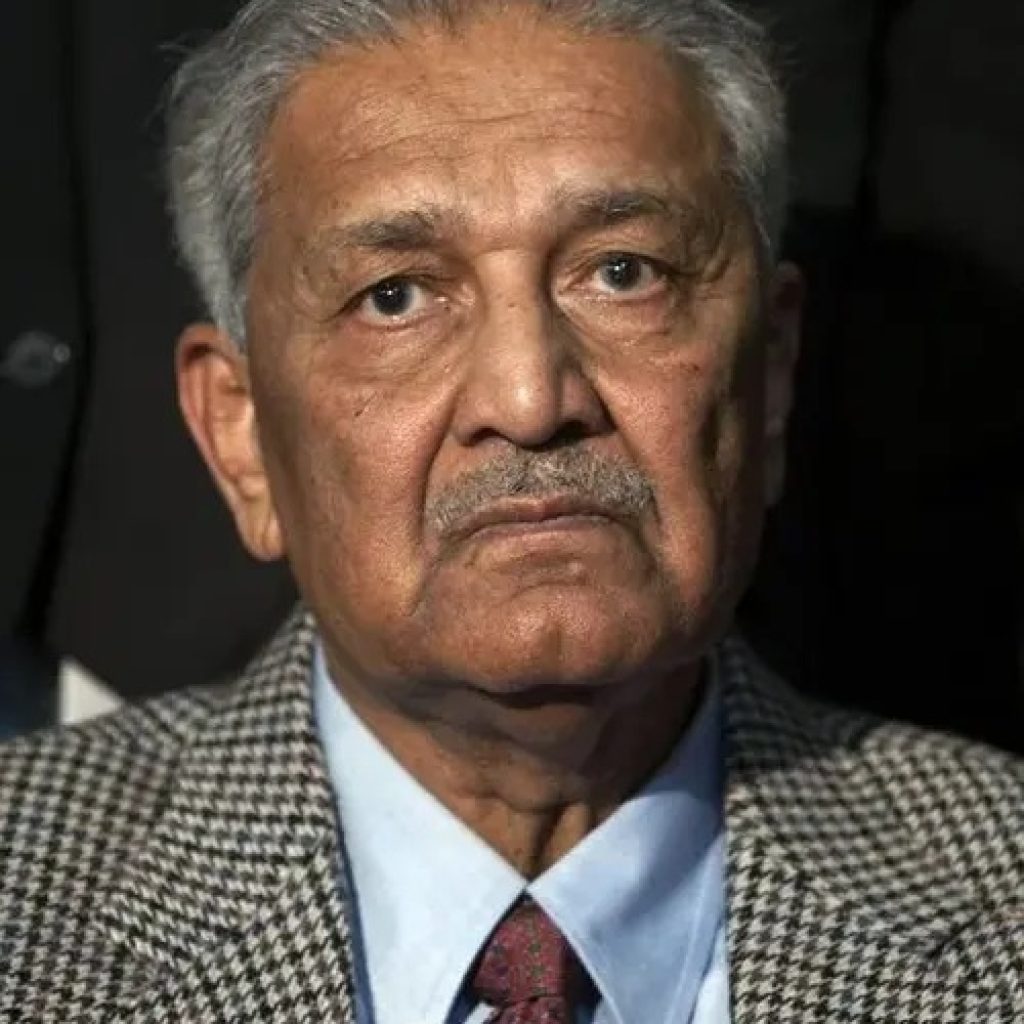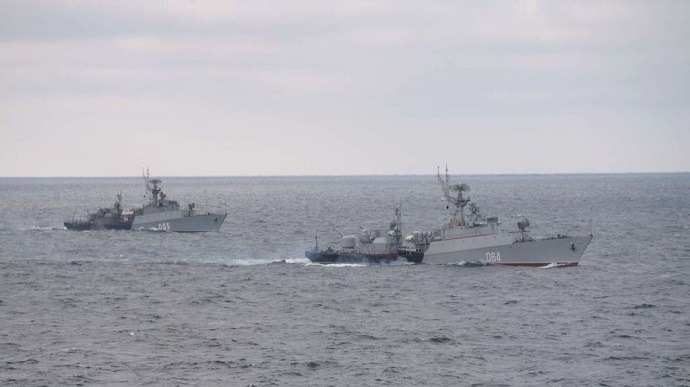In June 2021, the defence ministry cleared the mega project to domestically build six conventional submarines for the Indian Navy…reports Asian Lite News
Eyeing the Indian Navy’s Rs 43,000-crore contract for six stealth submarines, German defence major Thyssenkrupp Marine Systems (TKMS) and state-run Mazagon Dock Shipbuilders Limited (MDL) signed a framework agreement on Wednesday to bid for the project.
The memorandum of understanding (MoU) was signed in Mumbai in the presence of German Defence Minister Boris Pistorius.
The MoU was signed a day after Pistorius held wide-ranging talks with Defence Minister Rajnatjh Singh, following which he said TKMS is well-placed to execute the mega project.
“I was particularly pleased that I was able to be present at the signing of a memorandum of understanding between Mazagon Docks Limited and German company TKMS,” the German defence minister told the media in Mumbai.
Pistorius described the partnership between TKMS and MDL as an “important signal” for the possible construction of the six submarines.
“We have, thus, sent a very important signal today — a milestone one could say for a new flagship project. The Indian partners were full of praise for the German technology, the reliability and the longevity of the equipment, submarines and ships of the last decades,” he said.
The bidding process for the project called P-75 India ends in August.
TKMS said as the market leader for non-nuclear submarines, it signed the MoU with MDL on the “intended construction” of conventional, air independent-propulsion submarines.
In June 2021, the defence ministry cleared the mega project to domestically build six conventional submarines for the Indian Navy.
The submarines will be built under the much-talked-about strategic partnership model that allows domestic defence manufacturers to join hands with leading foreign defence majors to produce high-end military platforms to reduce import dependence.
The defence ministry is likely to finalise the winner of the contract by the end of this year or early next year.
According to the MoU, TKMS would contribute to the engineering and design of the submarines as well as provide consultancy support to the joint project, while MDL would take the responsibility of constructing and delivering the respective submarines, officials said.
The construction of the submarines would take place in India and is expected to have significant local content.
“We look back on a trusting and decade-long partnership with India. The boats we built in the 1980s are still in service today. We are very proud of that and would be delighted to continue contributing to India’s national security in the future. We are ready when India calls,” said Oliver Burkhard, CEO, TKMS.
TKMS said with the signing of the MoU, it has laid the foundations for a possible cooperation with MDL to compete in the Indian Navy’s tender process.
With this MoU, TKMS is proactively striving to contribute to Germany’s strategic cooperation with India, it said.
“Both parties can draw on many years of expertise, knowledge and professional competence in fulfilling this project to everyone’s complete satisfaction. They have already cooperated closely in completing great projects in India and look forward to close cooperation,” the company said in a statement.
TKMS has built and delivered vessels for the Indian Navy in the past.
In his comments to the media, Pistorius reaffirmed that India is an important strategic partner not only for Germany, but also for the European Union (EU).
“You know that our navy has been operating safely and efficiently with TKMS products for decades and we are not the only ones and that is a good sign of how well positioned the German armaments industry is, especially when it comes to such systems,” he said.
“My encounters and conversations over the last few days have impressively shown how important our commitment here is, how important our presence is, how important it is to show that we have an interest in this region,” he added.
ALSO READ-Germany seeks submarine deal with India



